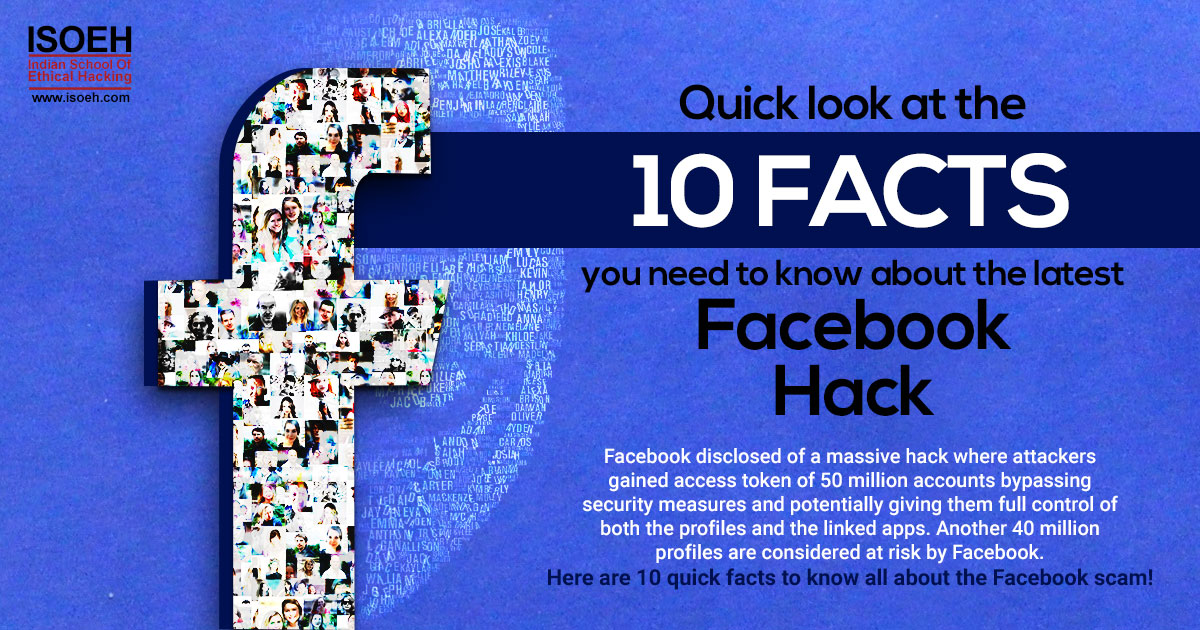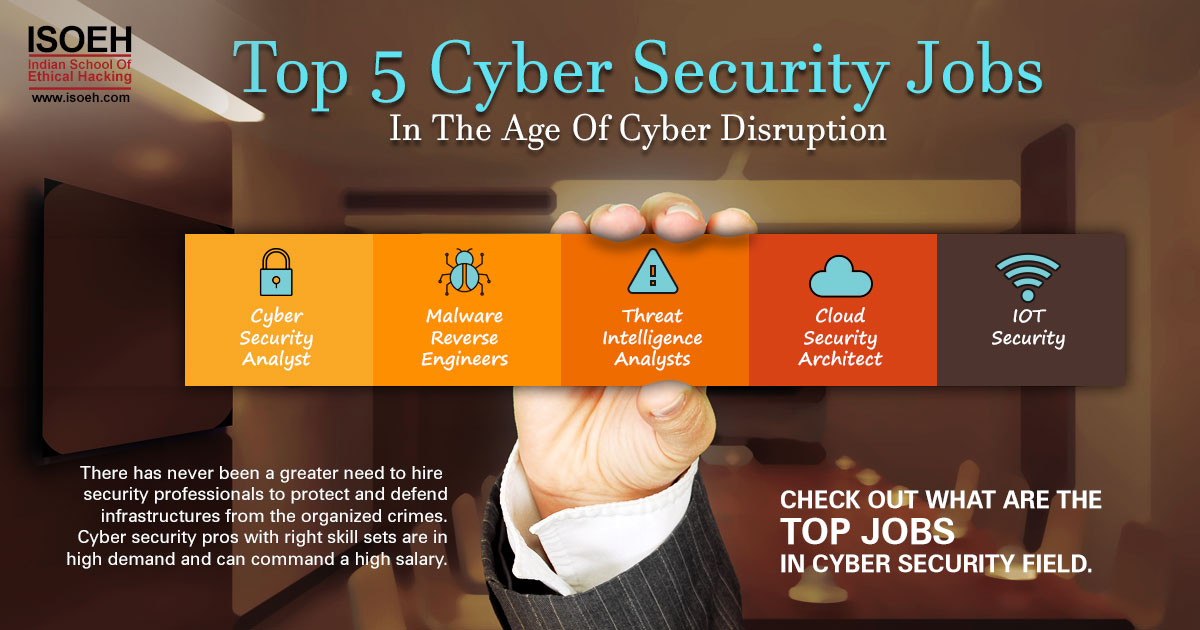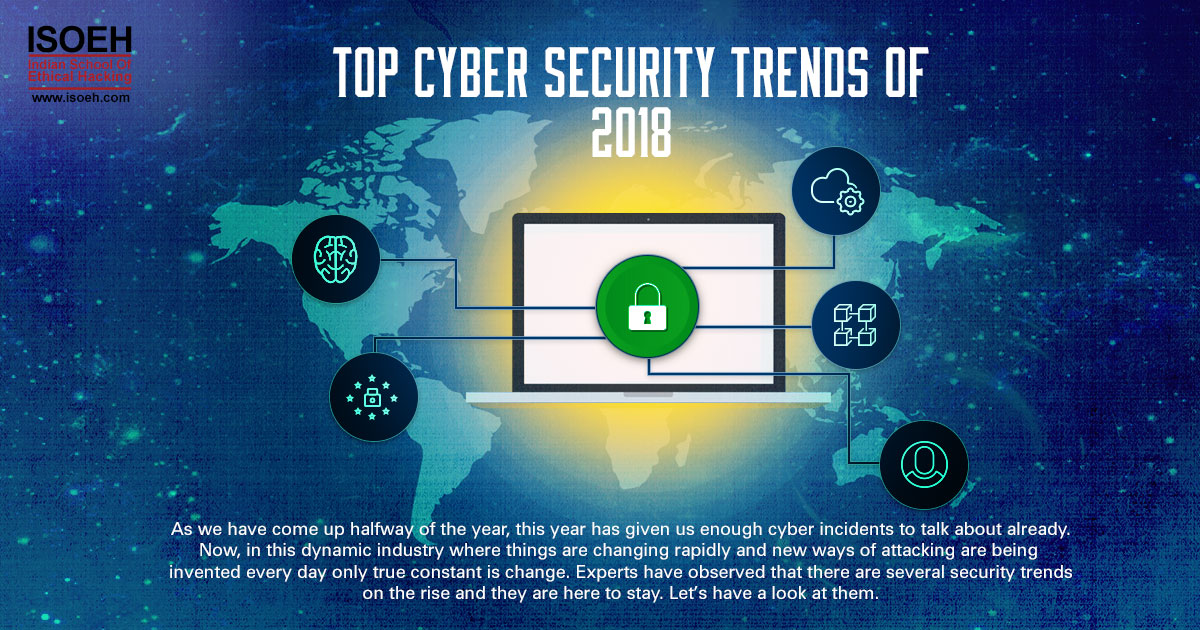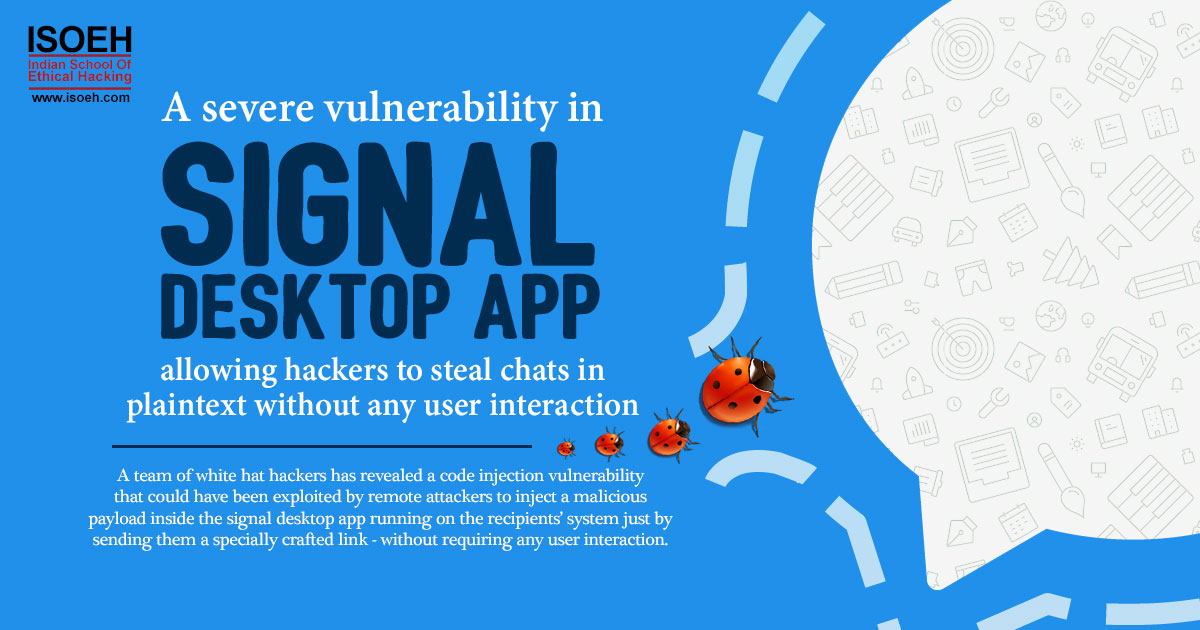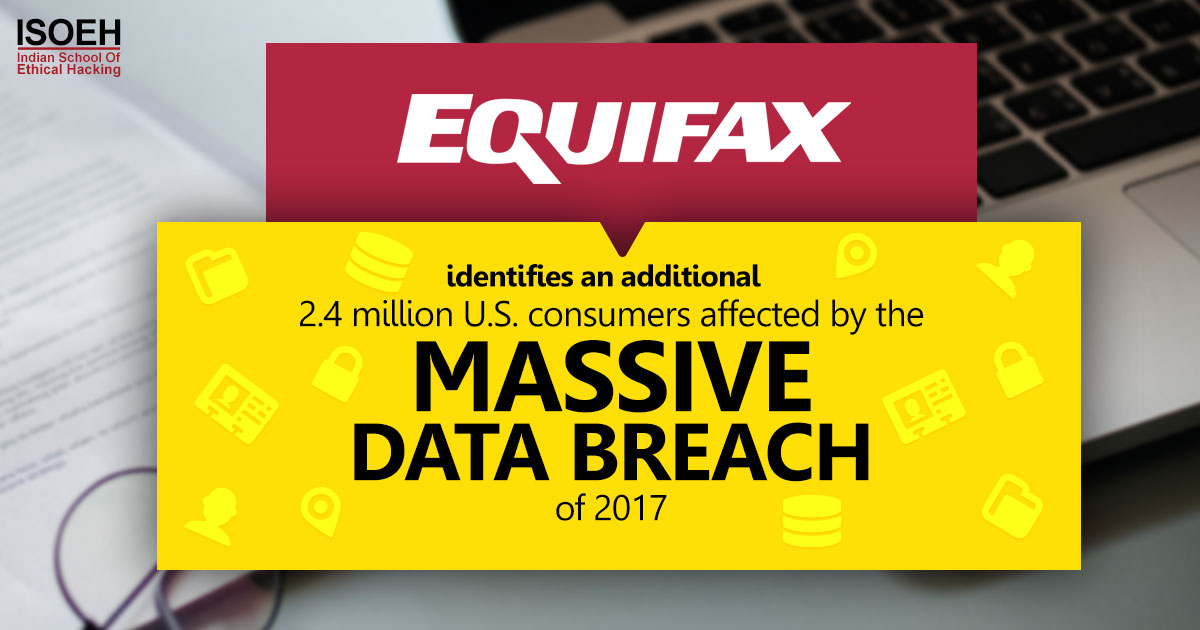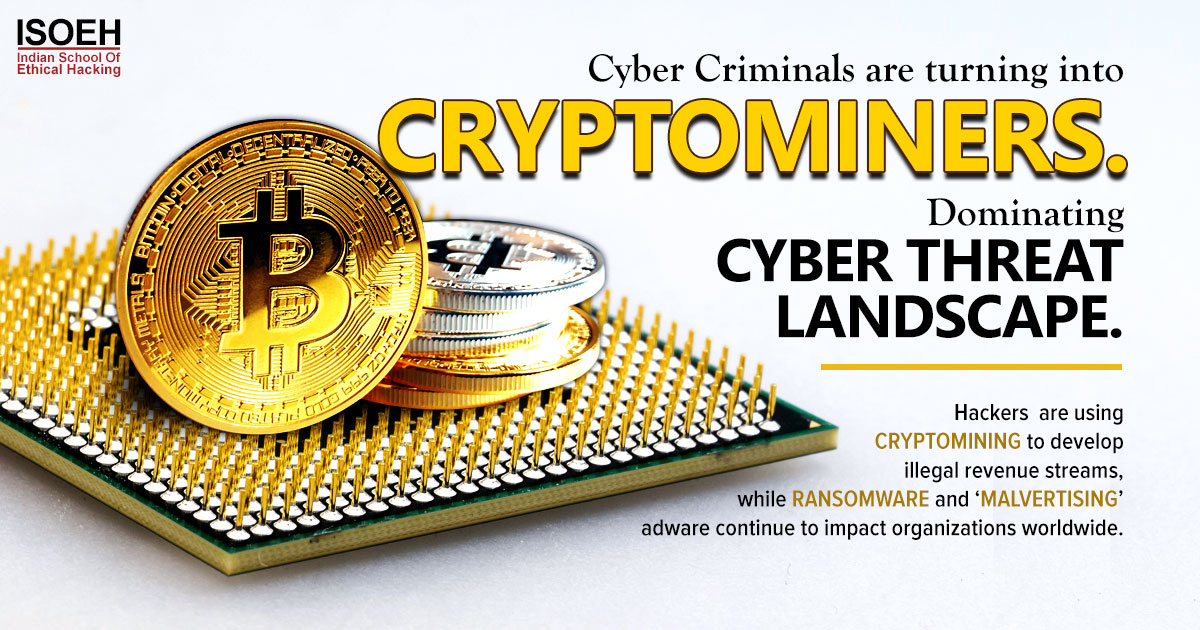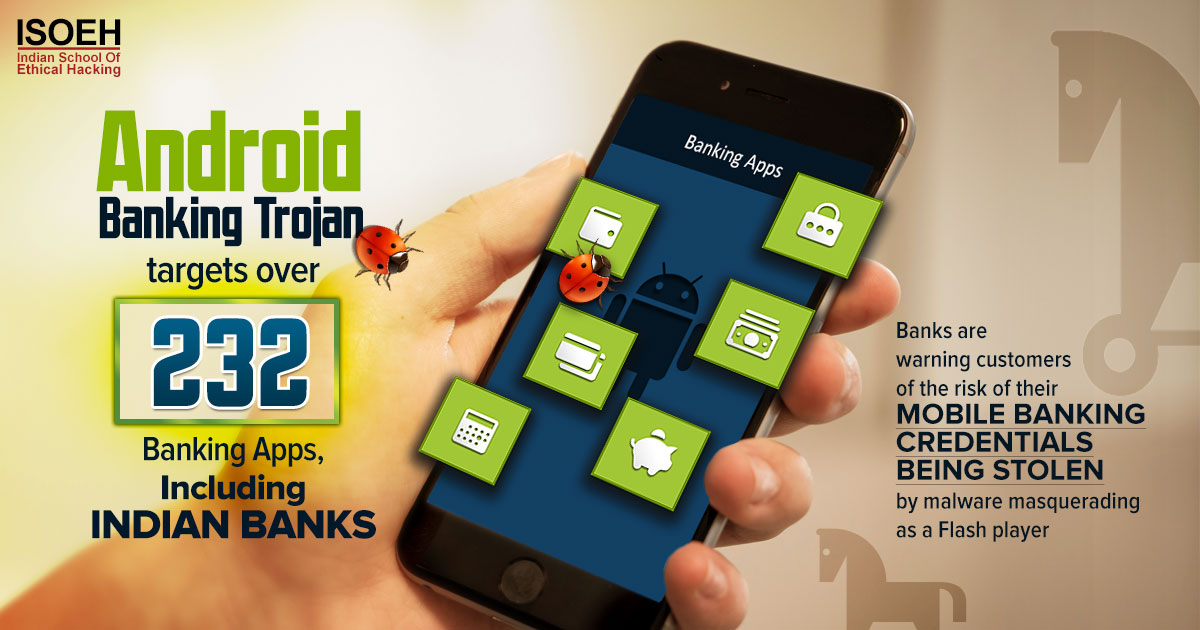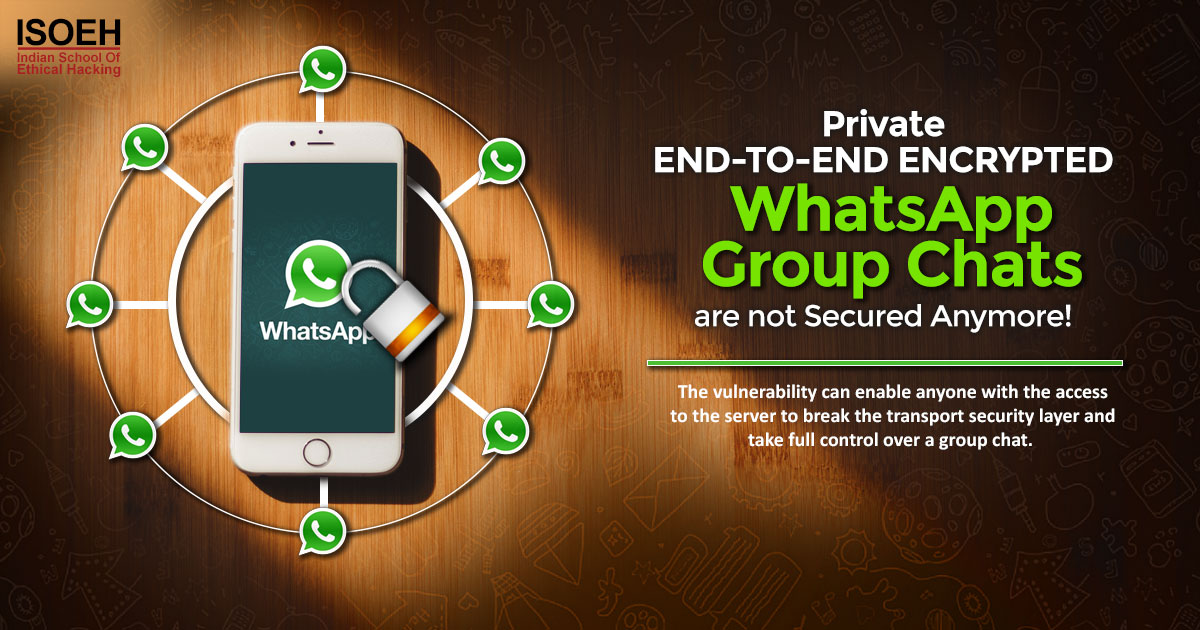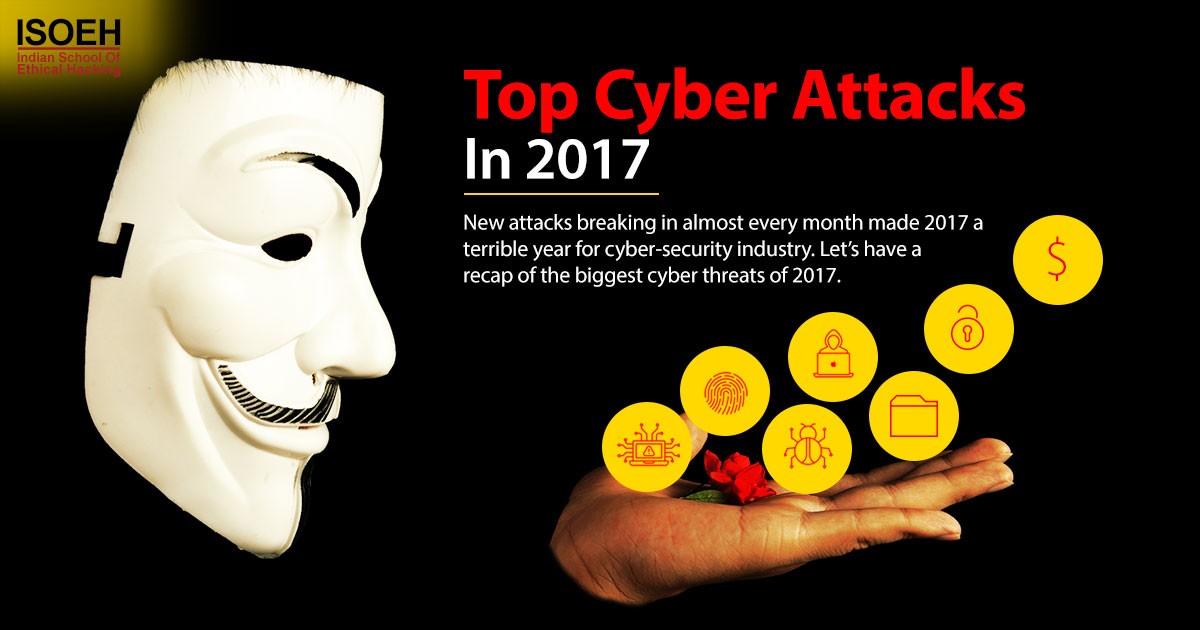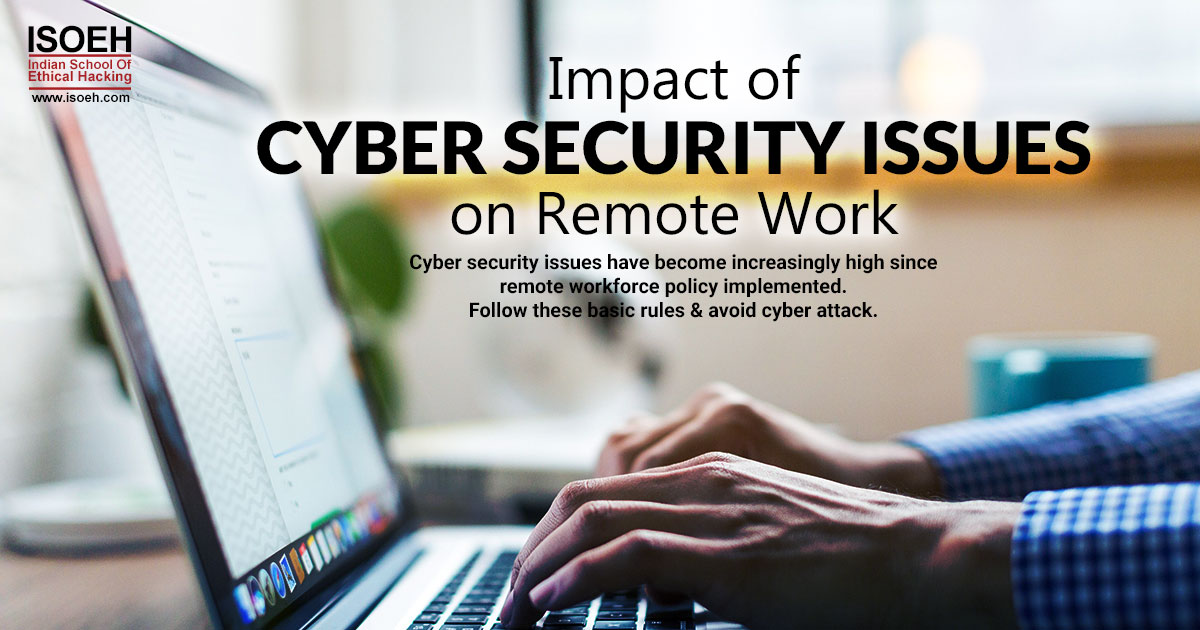
Work from home or remote work is the new normal in the IT sector. In the digital era, companies can trust their employees working from private locations. In addition, many organisations have continued the "Work from Home" module, even when things have improved and are coming back to normal.
The modern concept accepts the remote work policy; however, there is a long way to go in regards to cyber security. Companies and corporate are still concerned about the security part.
The work technique first came into the picture in 2020 during the global pandemic, COVID 19. Companies were forced to shift the system and put a stop to the offices. People were using the technology and trying their best to make the home-work balance; our kitchen desk and eating tables had become our work desk.
The remote working system was implemented, tested and accepted, and found profitable for all.
Not only regular shifts but people are also using the virtual platforms for interviews, meetings, group discussions, and feedback sessions. Everything is working flawlessly!
So, what is the reason for concern?
Cyber security is the biggest concern for the security departments. This is a continuous issue that still requires attention.
Interestingly, a report by Promon - Norwegian Tech Security Company says that 2 out of 3 remote workers did not receive cyber security training from their respective IT security teams. In addition, around 61% of the employees are using their personal systems for the operations work; without any anti-malware or security app.
Besides, they use private home networks, and access clients' data from home (email, passwords, and other information).
Now, this doesn't mean that the organisations are not serious about cyber checks. Another report by Cyberark, a security software company stated that around 67% of remote employees are using the cyber securities norms to work efficiently.
As per a survey, it is known that around 50% of the employees received the remote-security training; however:
- 69% of people are using their workstations for personal use.
- 57% of the remote workers allow their family members to use their system.
- 82% of remote workers are reusing credentials.
Generally, a cyber attack takes place due to human error. They casually open the phishing link received in junk emails or use a common password. Most of the employees are not educated on the cyber terms and guidelines.
Casual or bad security habits can lead to even worse situations than we even imagine. Cyber attackers know all the loopholes and continuously target companies to steal information and monetarily harm them.
Let's stick to the basics:
- Use a dedicated system for work
- Don't open a personal email or other URLs on the working system
- Use a strong antivirus
- Don't connect the workstations with unknown network
In case you receive any email from an unknown source, contact your IT team in the first place.
Let's use the new implementation as an opportunity!
Keep following ISOEH (Indian School of Ethical Hacking) for more helpful resources.
Connect with us on Facebook and Twitter.
Hacking Tools
Explore All Hacking Tools »
UFTP is an encrypted multicast file transfer program for secure, reliable & efficient transfer of files. It also helps in data distribution over a satellite link.
Read DetailsBreaking News
Breaking News Of Each Month »
The recent pandemic was unexpected and unknown to most part of the world. It has changed our life and we are slowly adapting to our new lifestyle. The risks associated with the new lifestyle, both personal & corporate, are unknown to most of us.
Read Details



